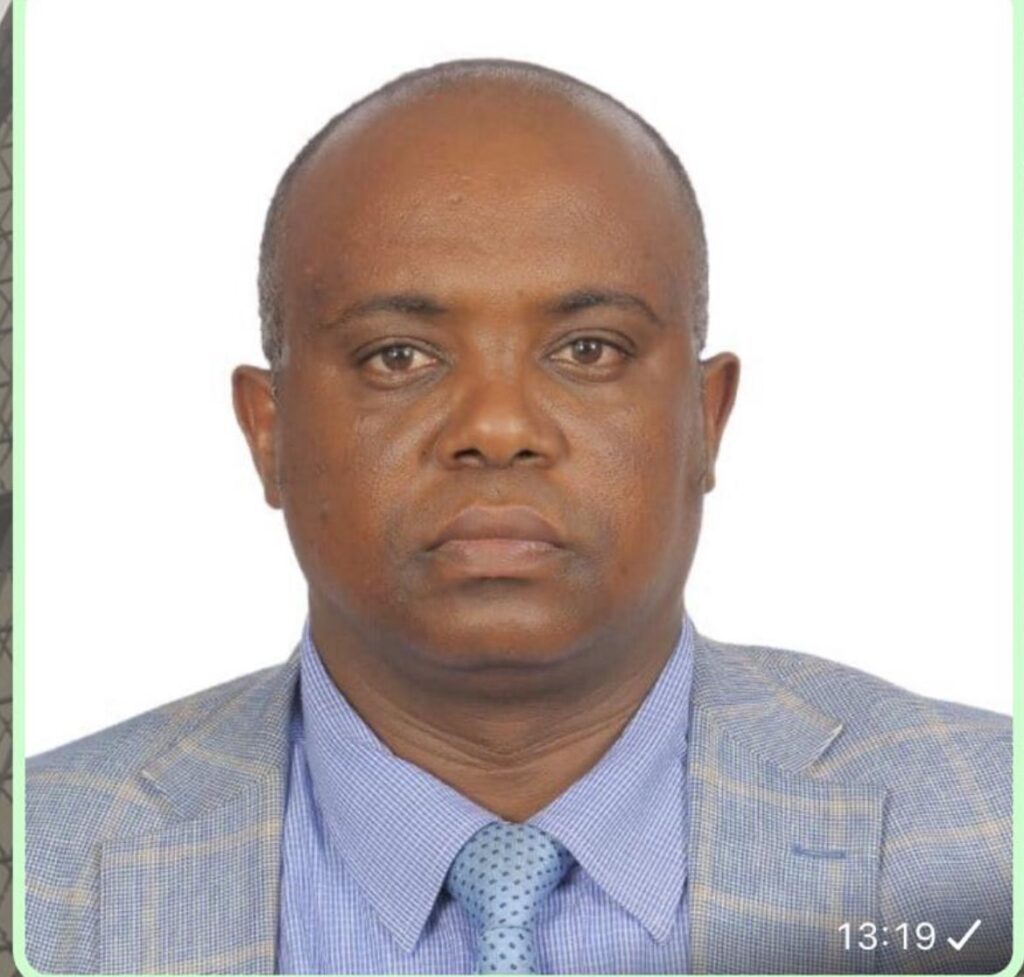A senior official at the ministry of health Dr. Waqo Dulacha Ejersa is the new Chief Executive Officer (CEO) of Kenya Medical Supplies Authority (KEMSA).
He will take over the position after the board announced he was the winner in an interview conducted.
Waqo was adversely mentioned in a malaria scandal probe at the ministry.
“Following the interview you did on 28th June 2024, the KEMSA Board is pleased to appoint you as the Chief Executive Officer (CEO) of the Kenya Medical Supplies Authority (KEMSA) for a term of four years with effect from 23rd July 2024.”
“You will be expected to sign a detailed contract of employment which will soon be availed to you.
Therefore, you are cordially requested to attend a handover ceremony on Friday 26th July, 2024 at 9.30 a.m. at the KEMSA headquarters in Embakasi,” said the board chairman Irungu Nyakera in a letter dated July 23.
The board had concluded the interviews in which three candidates emerged top. They included acting CEO Andrew Mulwa and Hussein Adan Mohamed.
This now starts a new chapter at the troubled organization.
The Kenya Institute of Supplies (KISM) had demanded a procurement specialist appointed as the new CEO KEMSA.
KISM, which is a national body for professionals in the practice of procurement and supply chain management in Kenya, says it’s imperative to have one of its members picked to head the key agency.
In a letter to KEMSA board chairman Nyakera, KISM said as a proactive measure of complying with a circular by the chief of staff Circular Ref. No. SH/GM/3 III (10) dated August 23, 2023 on professionalisation of the supply chain, the agency should consider a registered procurement officer.
“The institute noted that the advertisement for the above subject and appreciation that the Supply Chain Management is one of the disciplines listed as part of the qualifications for the position,” KISM CEO Kenneth Matiba states.
The letter dated was June 10, 2024 and copied to the Chief of Staff and head of civil service Felix Koskei and Health CS Susan Nakhumicha.
“This is therefore to further advise the Authority that Supply Chain Professionals, if any, who may have applied for this role must be duly registered and licenced by the Institute and are in good standing, in service to your Supply Chain centric Agency.”
The Public Procurement Regulatory Authority (PPRA) began a special audit on another multi-billion deal at KEMSA after allegations of irregularities emerged.
However, KEMSA is yet to forward all tender documents as requested by the regulator to facilitate the probe following its draft audit report that raised some questions.
The regulator is seeking information on Tender No. KEMSA/ONT 5/2023-2024 supply of health technologies (medical surgical tapes, wound dressing material, zinc oxide, surgical blade, safety boxes and gloves).
“The Authority has since completed the audit and forwarded the draft audit report for your response, father you are required to avail certified copies of the listed documents as discussed during the interview held on 27th March 2024,” PPRA wrote to KEMSA on 28th March 2024.
Among the documents PPRA wants is a communication stopping the tendering process on one of the items and a proposed cabinet memo on the same.
KEMSA is a state-owned corporation under the Ministry of Health that is mandated to procure, store, and distribute medical supplies and commodities to public health facilities.
Its mandate include public health programs, drugs and medical supplies for prescribed public health programs, national strategic stock reserve, medical supplies for the national strategic stock reserve, essential health packages, prescribed essential health packages, national referral hospitals and medical supplies for national referral hospitals.
Key requirements for the candidates were competence in strategy and corporate planning, financial management, asset and fund management, commercial awareness, health and product knowledge, supply chain management and demand forecasting and planning.
They were also required to have competence in warehousing and distribution of medical supplies, strategic partnerships, stakeholder engagement, program management, diplomacy and strategic communication and ICT competency skills.

